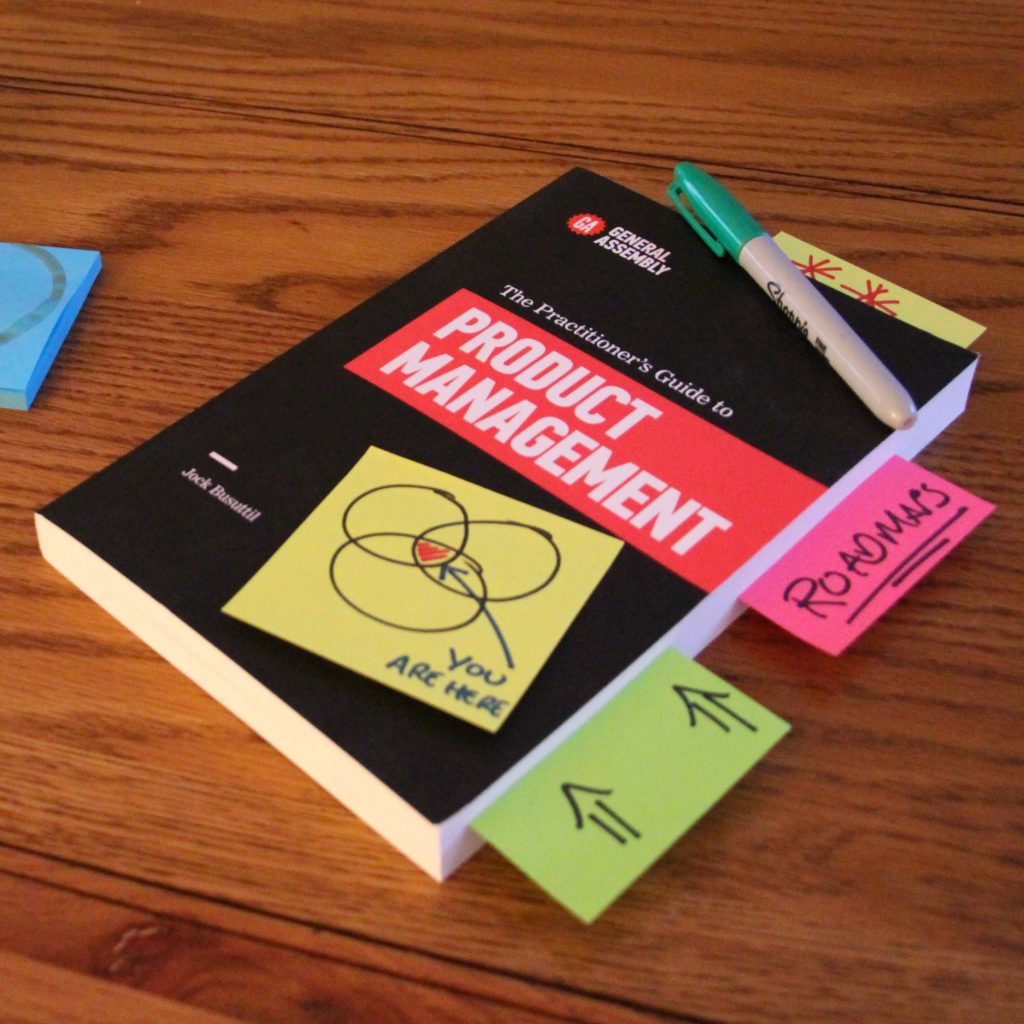Chapter 5
Copyrighted Material
Tender Loving Care of Time
I love deadlines. I like the whooshing sound they make as they fly by.
Douglas Adams
Management guru Peter Drucker wrote in his book The Effective Executive, “Everything requires time. It is the only truly universal condition. All work takes place in time and uses up time. Yet most people take for granted this unique, irreplaceable, and necessary resource. Nothing else, perhaps, distinguishes effective executives as much as their tender loving care of time.” Drucker may have had effective executives in mind when he wrote that, but the same applies for product managers. We’ve explored a product manager’s place at the intersection of the three rings of stakeholders and how it requires juggling the competing needs of the users, the business, and the technologists. It also requires juggling time.
Being at the center of things means you’ll always be the best person for all those around the company to ask about your product, and people will almost constantly want five minutes of your time for “a quick question.” In addition, the job requires keeping your eye on the longer-term strategy and direction for products, but the time you allot for this can be swallowed up by the press of immediate concerns.
This is why another ability that all good product managers need is one they share (somewhat improbably) with military pilots. To allow pilots to keep their attention on the outside world, rather than their aircraft’s displays and controls, many planes have a special transparent, helmet-mounted display that superimposes targeting information and flight data over part of the pilot’s field of vision but still leaves the wearer free to focus on what’s going on outside the cockpit. In a similar way, product managers need to be able to switch their attention at will and swiftly between the concerns of the here-and-now and what’s looming on the horizon. In an ideal world, you’d hope to be devoting about 80 percent of your attention to long-term planning and the remainder to the short term. (If you think about it, there is a great deal more future than present.) However, since the real world rarely follows the script, it’s easy to find yourself spending most of your time putting out the fires that crop up on a day‑to‑day basis, leaving you little time to plan for the future. Start to add in the varying demands of multiple products, all at different stages of their life cycles, and it should be clear that mastering time management is vital for product managers.
Copyrighted Material
You’re reading an extract from
The Practitioner’s Guide to Product Management
by Jock Busuttil
